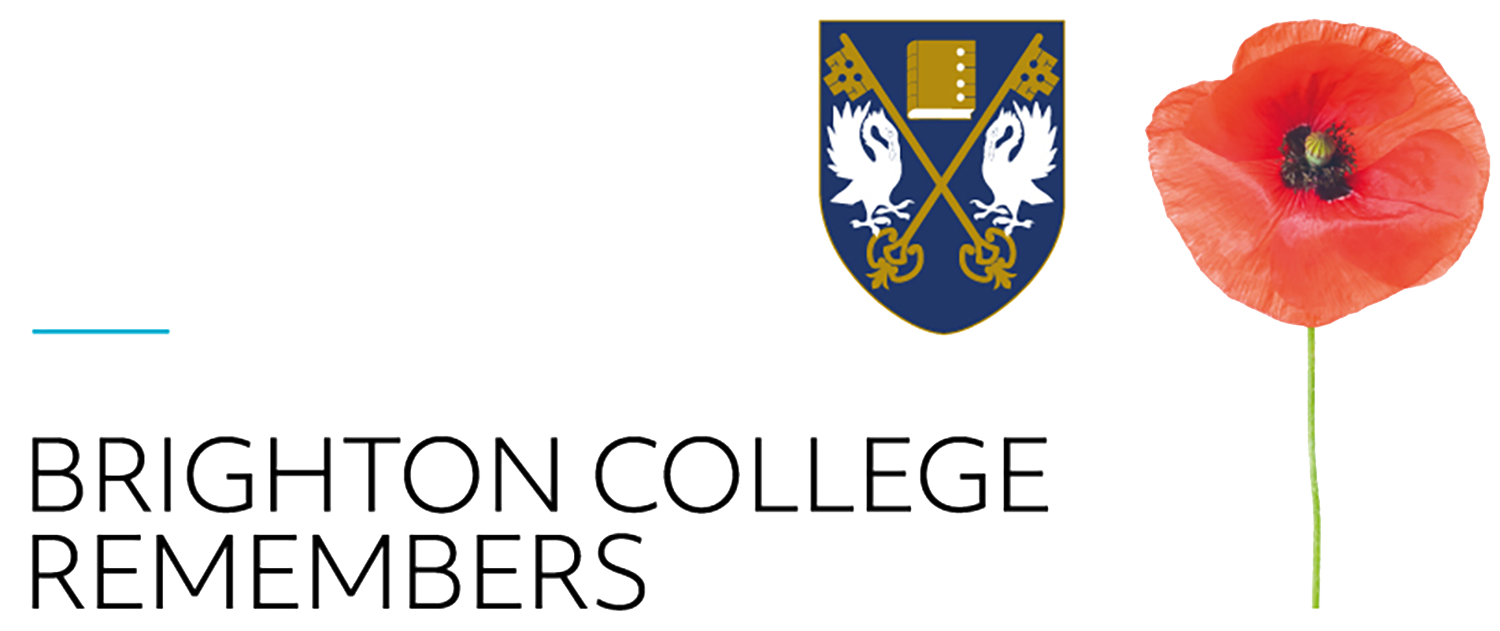Major, Royal Tank Corps
Born: August 19th 1916
Died: July 17th 1944
Age at Death: 27
Killed in action, July 17th 1944
Medals / Honours: Military Cross and Bar
Vellum book states that he was 28 at death
House Prefect 1933
School Prefect 1934
Head of House 1935
1st 15 1933-1935
1st 11 1934-1935
Boxing 8 1935
Patrick was born on 19 August 1916 in Marylebone, London, to Robert Ward, a soldier in the Royal Tank Corps who was killed in action in the Great War the year after Patrick’s birth, and his wife Florence (née Villiers-Tuthill). At the College Patrick was in the 1st XV, 1st XI and Boxing VIII, and became Head of House. He then went on to Sandhurst, and was commissioned as a lieutenant in the 7th Royal Tank Regiment.
Ward first saw action in the Battle for France in 1940. He was eventually assigned to a small force with the mission of delaying the German advance to allow as many Allied forces as possible to escape to England. Ward was on one of the last boats out of Dunkirk, sharing a vessel, by chance, with Captain Walter Smith, who had been in command of his father’s tank company when his father was killed in the previous war. Sir Basil Liddell-Hart, the military historian, later wrote:
It may well be asked whether two battalions have ever had such a tremendous effect on history as 4RTR and 7RTR achieved by their action at Arras. Their effect in saving the British Army from being cut off from its escape port provides ample justification for the view that if two well-equipped armoured divisions had been available the Battle of France might also have been saved.
Ward won the Military Cross for his conduct during these days. The citation referred to his ‘bravery and resource on several occasions’, mentioning in particular an engagement during which he knocked out two enemy armoured cars while under heavy fire before eventually managing to get the damaged tank back to Dunkirk.
In June 1941 he won a bar to his Military Cross while fighting in Libya. The citation read:
His total disregard for his own safety prevented the enemy from breaking through and set a fine example to his troop.
During the Battle for Normandy in June 1944, Ward fought with the 153rd Royal Armoured Corps. He won a bar to his Military Cross (a second award for a separate act of heroism) for his actions on 16 July. The citation read:
Throughout the day Major Ward was under heavy mortar and shellfire but showed complete disregard for personal safety and set a great example to his men.
Ward was killed the following day while showing similar selflessness. During an attack on a German position his gun jammed. On emerging from his tank to fix it he was shot and killed. He is buried at the Saint Manvieu War Cemetery in Normandy. According to The Times obituary:
The French peasants still keep flowers on his grave. It is the sort of gesture he would have depreciated for himself.

